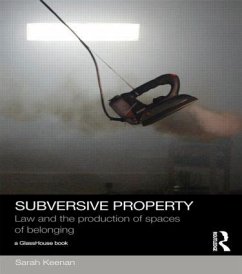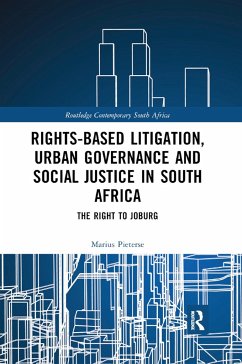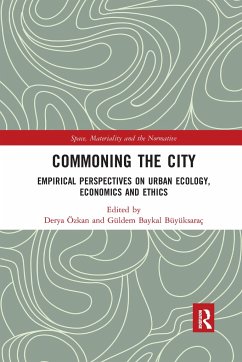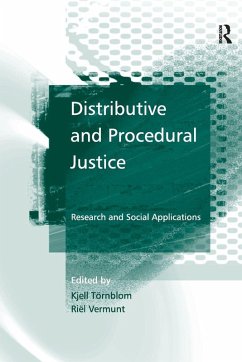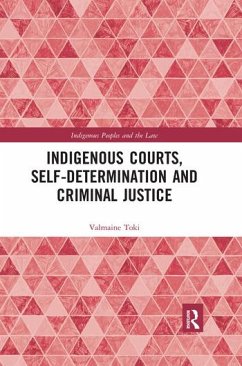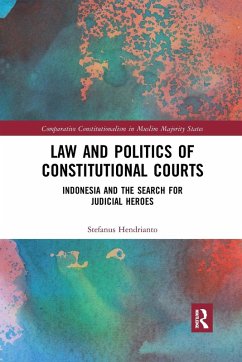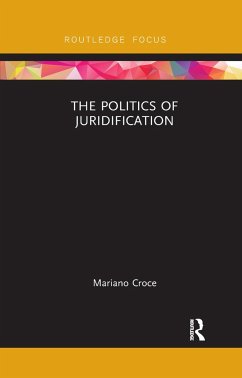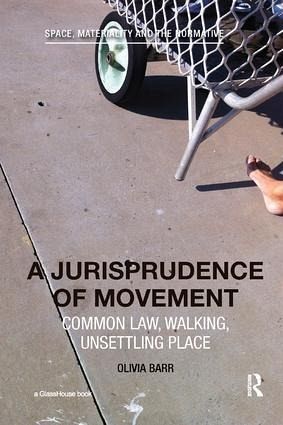
A Jurisprudence of Movement
Common Law, Walking, Unsettling Place
Versandkostenfrei!
Versandfertig in 1-2 Wochen
64,99 €
inkl. MwSt.
Weitere Ausgaben:

PAYBACK Punkte
32 °P sammeln!
Law moves, whether we notice or not. Set amongst a spatial turn in the humanities, and jurisprudence more specifically, this book calls for a greater attention to legal movement, in both its technical and material forms. Despite various ways the spatial turn has been taken up in legal thought, questions of law, movement and its materialities are too often overlooked. This book addresses this oversight, and it does so through an attention to the materialities of legal movement. Paying attention to how law moves across different colonial and contemporary spaces, this book reveals there is a prob...
Law moves, whether we notice or not. Set amongst a spatial turn in the humanities, and jurisprudence more specifically, this book calls for a greater attention to legal movement, in both its technical and material forms. Despite various ways the spatial turn has been taken up in legal thought, questions of law, movement and its materialities are too often overlooked. This book addresses this oversight, and it does so through an attention to the materialities of legal movement. Paying attention to how law moves across different colonial and contemporary spaces, this book reveals there is a problem with common law's place. Primarily set in the postcolonial context of Australia - although ranging beyond this nationalised topography, both spatially and temporally - this book argues movement is fundamental to the very terms of common law's existence. How, then, might we move well? Explored through examples of walking and burial, this book responds to the challenge of how to live with a contemporary form of colonial legal inheritance by arguing we must take seriously the challenge of living with law, and think more carefully about its spatial productions, and place-making activities. Unsettling place, this book returns the question of movement to jurisprudence.





